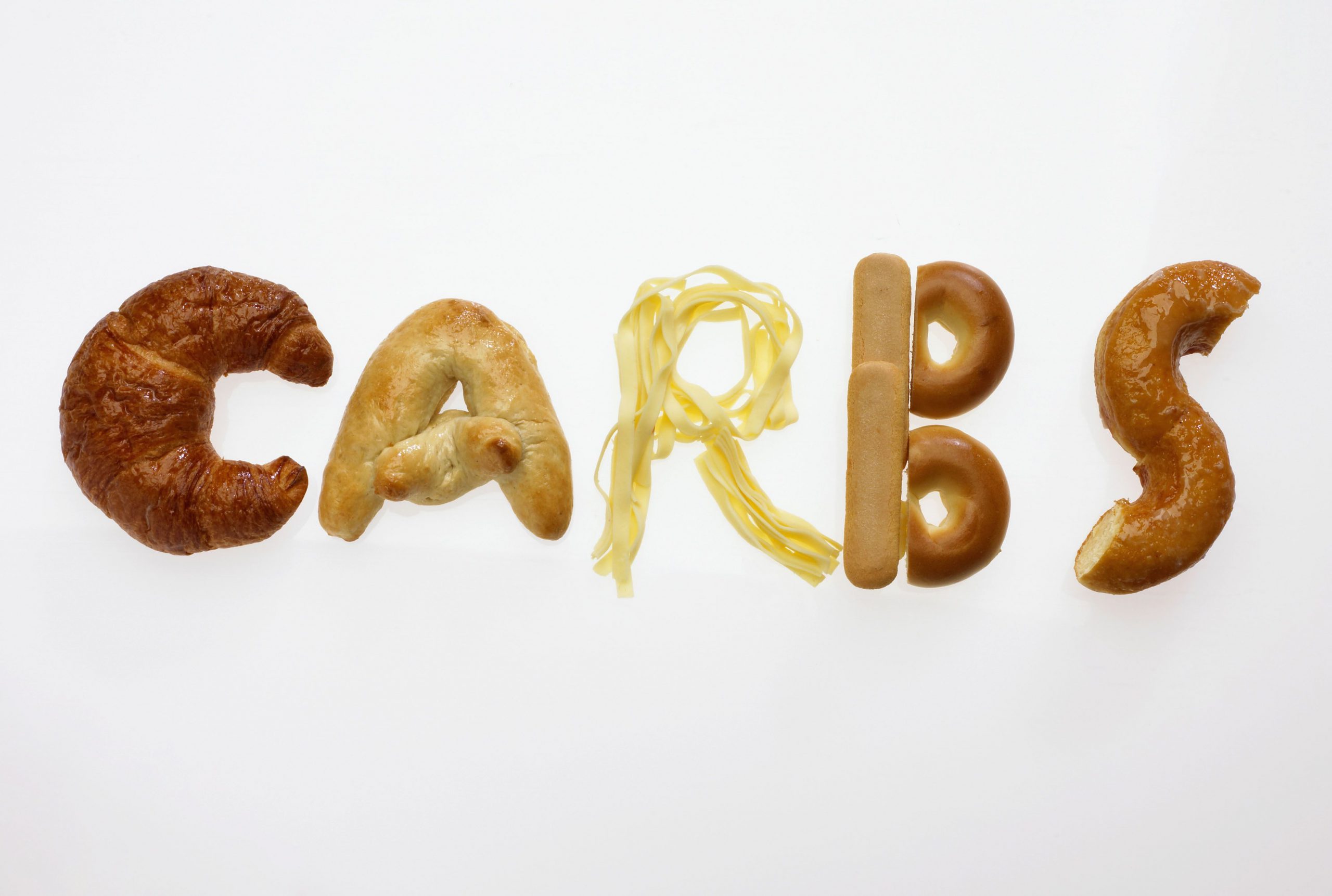
Carbohydrates have long been a topic of debate in the realm of nutrition. Some praise them as essential energy sources, while others condemn them as the culprits behind weight gain and health issues. The truth lies in understanding the nuances between different types of carbohydrates.
Let’s delve into the debate and explore the distinctions between good and bad carbs.
The Basics of Carbohydrates
Carbohydrates are one of the three macronutrients, along with proteins and fats. They are a primary source of energy for the body, playing a crucial role in fueling brain function and supporting physical activity. There are two main types of carbs: simple carbohydrates (sugars) and complex carbohydrates (starches and fiber).
Good Carbs: The Complex Heroes
Complex carbohydrates are often referred to as “good carbs” because they provide sustained energy and are rich in essential nutrients. Examples include:
- Whole Grains. Brown rice, quinoa, whole wheat, oats, and barley are excellent sources of complex carbohydrates. They are high in fiber, vitamins, and minerals.
- Legumes. Beans, lentils, and chickpeas are not only rich in complex carbs but also pack a punch with protein and fiber, making them a nutritious choice.
- Vegetables. Non-starchy vegetables like broccoli, spinach, kale, and bell peppers are low in calories, high in fiber, and loaded with essential vitamins and minerals.
- Fruits. While fruits contain natural sugars, they are also abundant in fiber, antioxidants, and a variety of vitamins. Examples include berries, apples, and oranges.
Bad Carbs: The Simple Culprits
Simple carbohydrates, often referred to as “bad carbs,” are quickly digested, leading to rapid spikes and crashes in blood sugar levels. Examples include:
- Refined Grains. White bread, white rice, and products made with refined flour lack the fiber and nutrients found in whole grains. They can contribute to a rapid increase in blood sugar levels.
- Sugary Snacks. Candy, pastries, cakes, and sugary cereals are loaded with added sugars, providing empty calories without offering substantial nutritional value.
- Soda and Sugary Drinks. Soft drinks are high in added sugars and provide little to no nutritional benefit. Regular consumption is associated with various health issues, including weight gain and an increased risk of chronic diseases.
- Processed Foods. Many processed foods, such as packaged snacks and fast food, often contain refined carbohydrates, unhealthy fats, and added sugars, contributing to a less-than-optimal diet.
The Importance of Moderation and Individualization
The key to a balanced diet lies in moderation and individualization. Carbohydrates are not inherently good or bad; their impact on health depends on the type and amount consumed. Consider the following tips:
- Prioritize Whole Foods. Opt for whole, unprocessed foods rich in complex carbohydrates, as they provide essential nutrients and contribute to overall well-being.
- Watch Portion Sizes. Be mindful of portion sizes, especially when consuming foods high in simple carbohydrates. Controlling portion sizes can help manage calorie intake and blood sugar levels.
- Consider Individual Needs. Each person’s dietary needs and tolerance to carbohydrates vary. Some individuals may thrive on a lower-carb diet, while others may benefit from a higher intake, particularly if they lead an active lifestyle.
In conclusion, the debate surrounding carbohydrates is nuanced, with both positive and negative aspects to consider. By choosing nutrient-dense, whole foods and being mindful of portion sizes, individuals can strike a balance that supports their health and energy needs. The key is to view carbohydrates not as the enemy but as an essential component of a well-rounded and varied diet.



